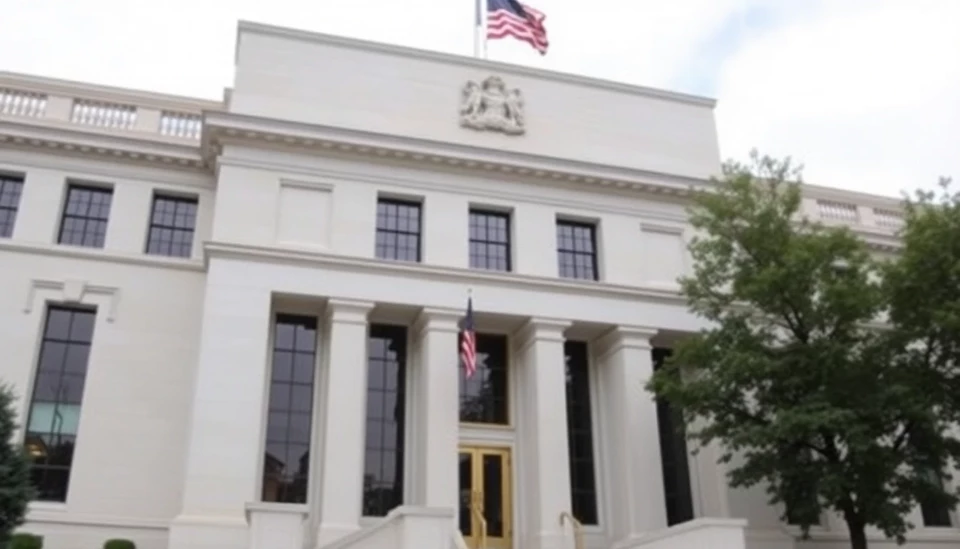
The Philadelphia Federal Reserve has released new estimates indicating a significant moderation in U.S. job growth for the second quarter of 2024. In a stark departure from previous expectations, the bank now projects that around 120,000 jobs will be added during this period, a notable drop from the earlier forecasts which ranged between 150,000 to 180,000 positions.
This recalibration of payroll forecasts comes as the Fed continues to assess the labor market's evolution amid changing economic conditions. Analysts point out that while the job market has shown resilience over recent months, various factors are contributing to a potential slowdown, including tightening monetary policies and shifting consumer behavior as inflation fears linger.
Additionally, the Federal Reserve’s efforts to control inflation, which reached concerning levels over the last few years, have resulted in incremental interest rate hikes. These measures intend to balance economic growth and dampen inflationary pressures. However, the unintended consequence could be a deceleration in hiring as businesses assess their growth strategies in light of higher borrowing costs.
In a separate study released concurrently by the Bureau of Labor Statistics, it was reported that unemployment rates have dipped slightly, but labor force participation remains stagnant, suggesting that job openings may not lead to increased hiring. This trend could also substantiate the Philadelphia Fed's more cautious approach to payroll growth estimates. Analysts emphasize that the tight labor market, while having enabled wage growth, also means hiring may reach limits as companies become wary of economic uncertainties.
The implications of these reports are significant not only for policymakers but also for businesses across the nation. The potential slowdown in payroll growth may hinder consumer spending, which has been a crucial driver of economic recovery. As consumer confidence shapes demand trends, lower job growth could lead to a ripple effect throughout various sectors, influencing everything from business investments to stock market performance.
In conclusion, the Philadelphia Fed's revised job growth outlook underscores the complexities of the current economic landscape. Stakeholders will be closely monitoring these developments, as the interplay between inflation control and employment levels becomes pivotal in shaping the trajectory of the U.S. economy in the months ahead.
#PhiladelphiaFed #JobGrowth #USEconomy #PayrollEstimates #LaborMarket #InflationControl
Author: Laura Mitchell

